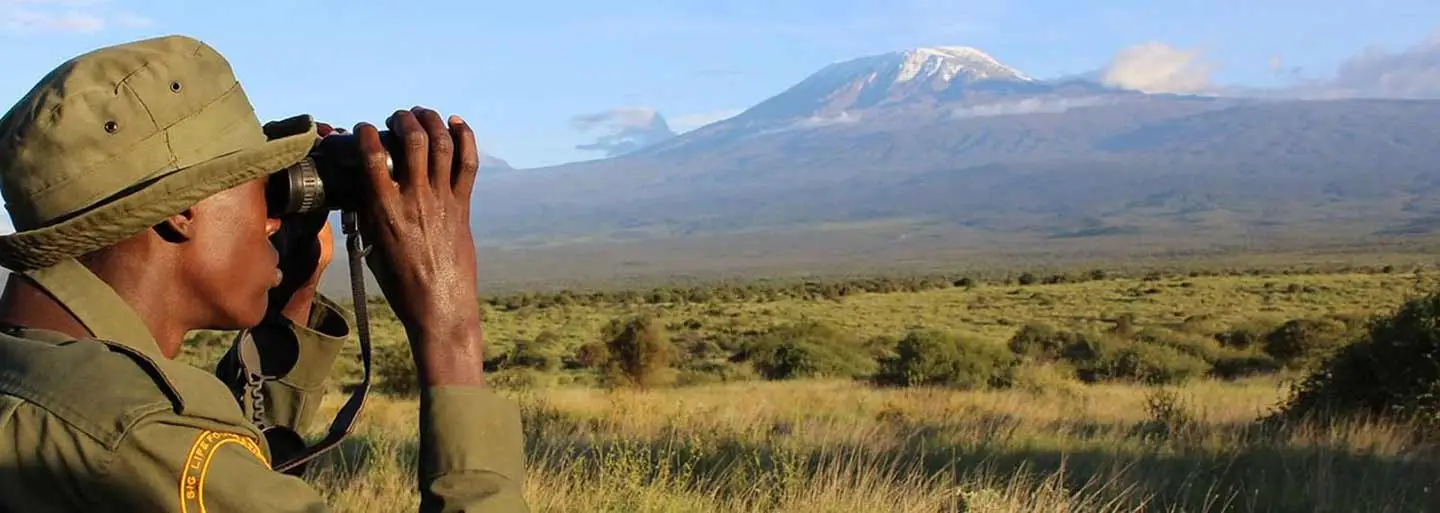Cross-Sectoral Integration Resources

Stakeholder Attitudes and Perspectives on Wildlife Disease Surveillance as a Component of a One Health Approach in Thailand
The aims of this study were to understand how wildlife disease surveillance in Thailand is utilized, valued, and can be improved within a One Health framework.

FAO in the 2024 Humanitarian Response Plans
This is a summary of the Food and Agriculture Organization of the United Nations (FAO) work in providing food and resources to people in food crises.

Individual Differences in the Definitions of Health and Well-being and the Underlying Promotional Effect of the Built Environment
This study adopted a mixed-methods approach to investigate how “health” and “well-being” have been defined within the literature and in the community with the aim to clarify the definitions of those two terms further.

Who Coined the Term “One Health”? Cooperation Amid the Siloization
This resource aims to describe the trajectory of the historical concept of "One Health.

The Global Health Equity Atlas Releases a Decade of Data-Driven Insights in Pursuit of Health as a Fundamental Human Right
The Global Health Equity Atlas is an essential tool that consolidates over a decade of dedicated work in the field of global health equity.

Soil Health Assessment and Spatial Characterization using Remote Sensing
This research summarizes recent developments in remote sensing (RS) approaches for measuring soil health and ecosystem services, their principles, and their future perspectives.

One World, One Health: Exploring the Connectability between Human, Animal and Environmental Health
The purpose of our analysis was to better understand the stakeholders, influencers, key topics, and interaction shaping One Health conversations.

Evidence for Policies and Practices to Address Global Food Insecurity
This review summarizes evidence for policies and practices across five elements of the agrifood system framework and identifies gaps that inform an agenda for future research.

Defining Collaborative Surveillance: A Core Concept for Strengthening the Global Architecture for Health Emergency Preparedness, Response, and Resilience
This concept paper proposes an ambitious set of capabilities for strengthening evidence for public health decision-making.

An African One Health Network for Antimicrobial Resistance and Neglected Tropical Diseases
To best understand and tackle antimicrobial resistance (AMR), it is necessary to trace the linkages between human, animal, and environmental factors that contribute to AMR transmission via a One Health approach.

Planetary Health Education in the United States: Four Curricular Models, One Goal
Global environmental crises demand scaled-up investment in education about planetary health.

Towards a One Health Assessment of Artisanal and Informal Mining in Benue State, Nigeria
This study evaluated the eco-health risk associated with exposure to lead in mining sites in Benue State, Nigeria.

Reaping One Health Benefits Through Cross-sectoral Services
This chapter describes the added value of One Health through synergies created in delivering integrated healthcare services across health sectors.

A One Health Framework for Integrated Service Delivery in Turkana County, Kenya
One Health approaches that integrate human and animal health service delivery can help to improve pastoralists’ health through increased vaccine coverage and improved access to services.

Regenerative Agriculture: A Literature Review on the Practices and Mechanisms Used to Improve Soil Health
Conventional farming practices can lead to soil degradation and a decline in productivity.

Global One Health Index for Zoonoses: A Performance Assessment in 160 Countries and Territories
The One Health (OH) approach is used to control/prevent zoonotic events.

Impacts of Deforestation on Childhood Malaria Depend on Wealth and Vector Biology
This study analyzes the relationship between deforestation and malaria risk in children using a unique and large data set in six sub‐Saharan African countries.

Access to Human Health Benefits of Forests in Rural Low and Middle-Income Countries: A Literature Review and Conceptual Framework
Forests have been increasingly recognized for their beneficial contribution to human health, in addition to their established roles in biodiversity conservation, climate change mitigation, and poverty alleviation.

Ecological Countermeasures to Prevent Pathogen Spillover and Subsequent Pandemics
This resource explains the mechanisms linking environmental change and zoonotic spillover using spillover of viruses from bats as a case study.

Potential Impacts of Pandemics on Global Warming, Agricultural Production, and Biodiversity Loss
In light of a rising frequency of infectious diseases, there is an urgent need to understand the ecological impacts of pandemics.



